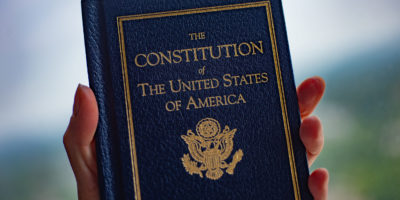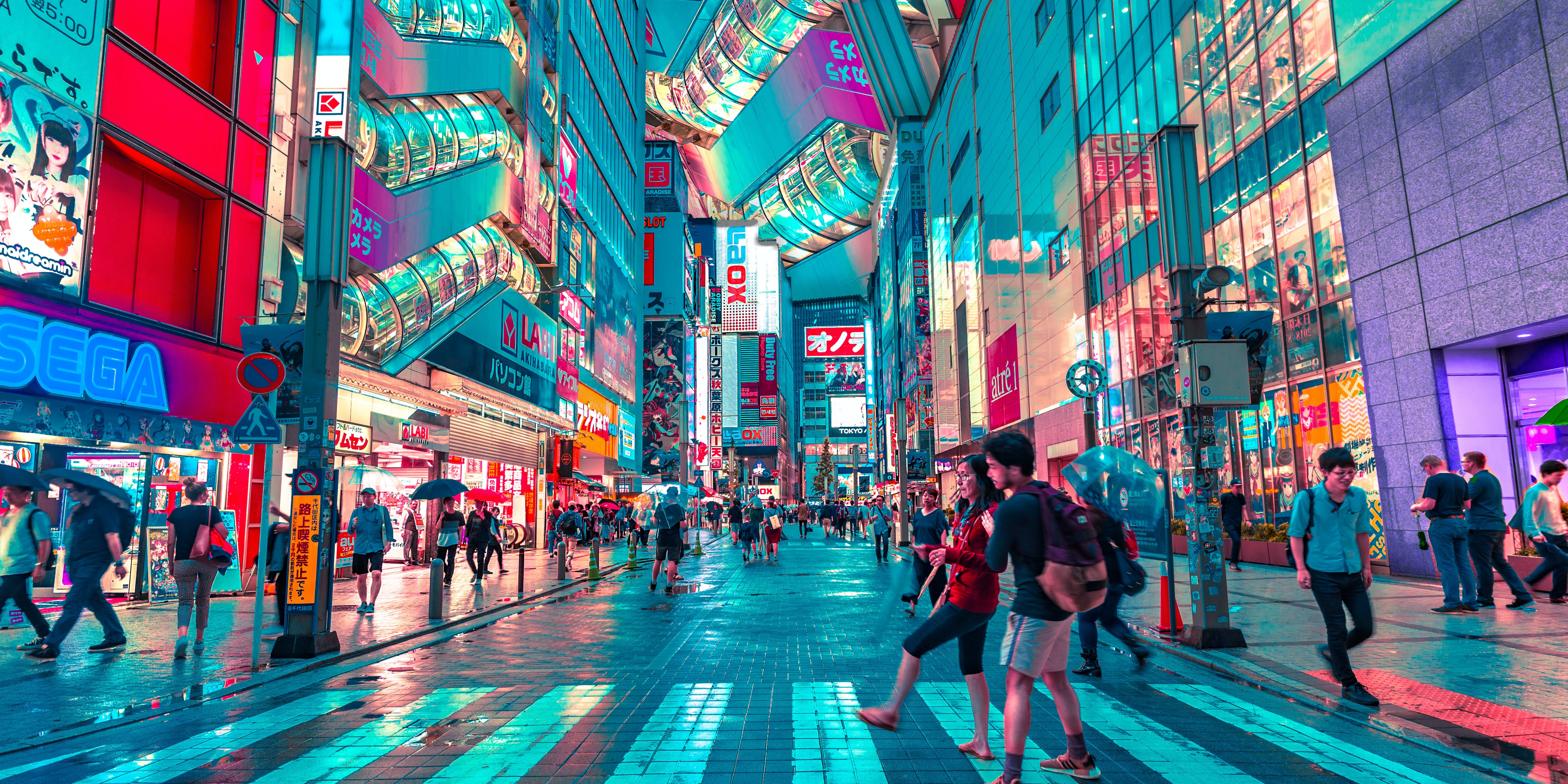By Gabrielle Reyes
Japan’s federal government said on Wednesday it is mulling over plans to build “next-generation nuclear power plants,” Kyodo News reported, noting that the admission marks a major shift from previous statements by Tokyo that it would not pursue “new nuclear energy” in the wake of the 2011 nuclear disaster in Fukushima, Japan.
“The government will take the lead in various measures to restart our nuclear power plants,” Japanese Prime Minister Kishida Fumio said at a conference on industrial decarbonization on August 23.
During his appearance at the “green energy” event, Kishida revealed that he had recently “instructed his government to consider developing safer, smaller nuclear reactors,” the Associated Press (AP) reported.
Kishida said a government panel responded to his request by “presenting him with proposals for the development and construction of ‘new innovative [nuclear] reactors designed with new safety mechanisms.’ He called on the government to speed up its examination of ‘every possible measure’ and reach a decision by the end of the year,” according to the AP.
“It is extremely important to secure all options to redesign a stable energy supply for our country,” Japanese Economy and Industry Minister Yasutoshi Nishimura told reporters at the same conference on Tuesday. “From that perspective, we will also consider all options regarding nuclear power.”
A magnitude 9.0 earthquake and related tsunami disabled the power supply and cooling functions of three reactors at Japan’s Fukushima Daiichi nuclear power plant on March 11, 2011. The incident caused all three cores to melt down, resulting in a secondary nuclear disaster. In the accident’s aftermath, Japan’s federal government ordered a mass shutdown of nuclear plants across Japan. The shutdown process took years and was meant to allow plant operators sufficient time to update their safety standards in line with relevant protocol introduced by Tokyo in 2013.
“Japanese utilities have since set more than 20 reactors for decommissioning, largely because of the high cost of safety measures,” the AP observed on August 24. “Of the 33 workable reactors, 25 have been screened for safety checks by the Nuclear Safety Authority. Seventeen have been approved so far, but only 10 have restarted after gaining consent from local communities, including three currently off line for regular safety inspections.”
Read the rest of the article at Breitbart











